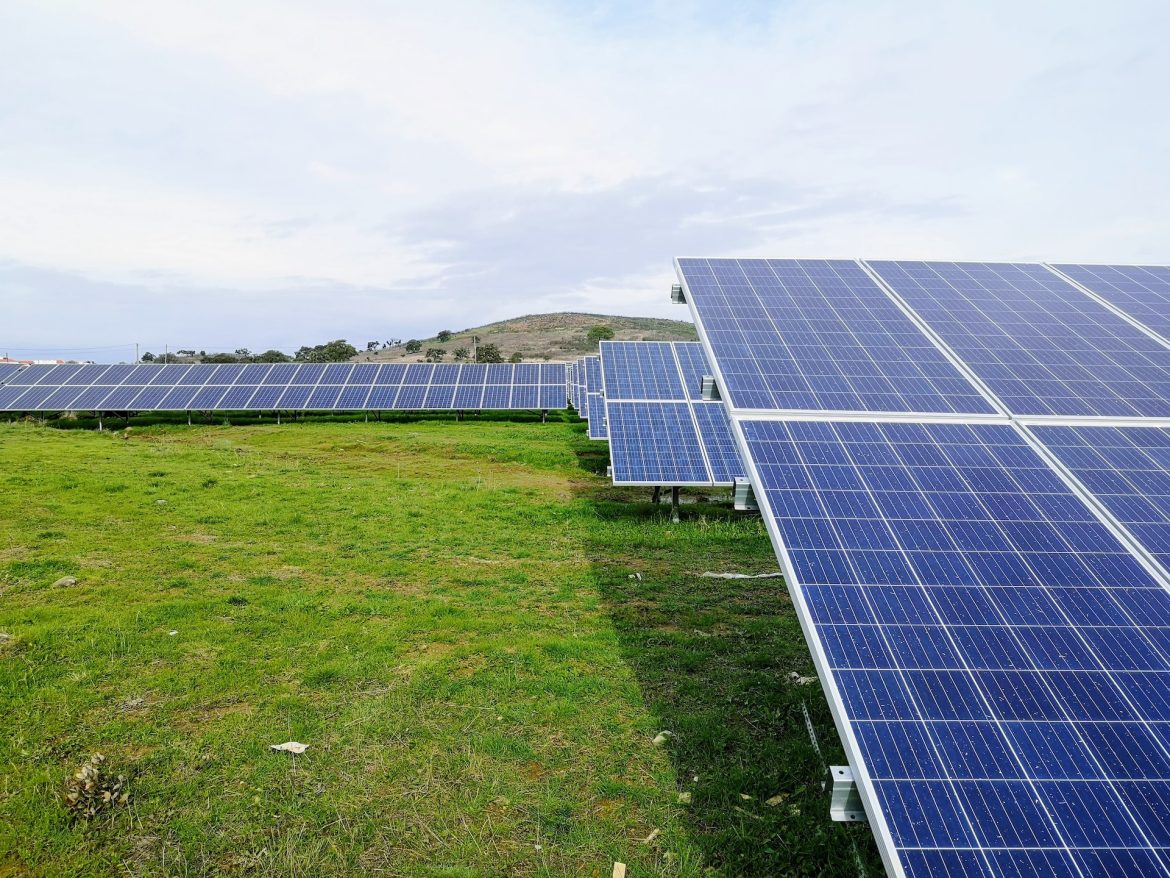The International Finance Corporation (IFC), the private sector arm of the World Bank Group, has announced a new partnership with the Facility for Energy Inclusion (FEI), a pan-African fund that supports small-scale decentralized renewable energy projects. The IFC will provide $80 million to the FEI to finance the production of clean energy for commercial and industrial (C&I) customers in Africa.
The IFC’s funding consists of a $30 million loan, a $20 million loan under the Co-financing Portfolio Management Programme (CPMP) that will leverage $30 million of blended finance, and $15 million each from the International Development Association’s (IDA) private sector window blending facility and Finland’s and the IFC’s blended climate finance program.
The FEI, managed by Cygnum Capital Asset Management, is a $500 million debt platform that aims to bridge the financing gap for small-scale renewable energy projects in Africa, such as solar, wind, hydro, and biomass. The fund targets projects with a capacity of 1 to 25 megawatts (MW) that can provide affordable and reliable electricity to C&I customers, telecom towers, and mini-grids.
According to the IFC, the financing will help increase renewable energy capacity by around 115 MW in some 15 African countries, including the Democratic Republic of Congo, Ghana, and Kenya. This will contribute to reducing greenhouse gas emissions, improving energy access and security, and creating jobs and economic opportunities.
The IFC’s support of the FEI is part of its broader strategy to promote the development of renewable energy markets in Africa, where more than 600 million people still lack access to electricity and many businesses rely on expensive and polluting diesel generators. The IFC has invested over $2 billion in renewable energy projects in Africa since 2017, including grid-connected and off-grid solutions.
The FEI is also aligned with the objectives of the Africa Renewable Energy Initiative (AREI), a continental initiative endorsed by African Heads of State and Government that aims to install 10 gigawatts (GW) of renewable energy by 2020 and 300 GW by 2030. The initiative has received support from various development partners, such as the African Development Bank, the European Union, France, and Germany.
The IFC’s partnership with the FEI follows a similar agreement signed in November 2023 with CrossBoundary Energy (CBE), a leading provider of solar power purchase agreements (PPAs) for C&I customers in sub-Saharan Africa. The IFC provided a $20 million line of credit to CBE as part of a $50 million facility that will enable the company to expand its solar portfolio across the region.
These partnerships demonstrate the IFC’s commitment to scaling up renewable energy solutions for businesses in Africa, which can help reduce energy costs, improve competitiveness and productivity, and lower carbon footprint. They also show the potential of blended finance to mobilize private sector investment and innovation in a sector that is crucial for Africa’s sustainable development and green recovery.
Source: Afrik 21



